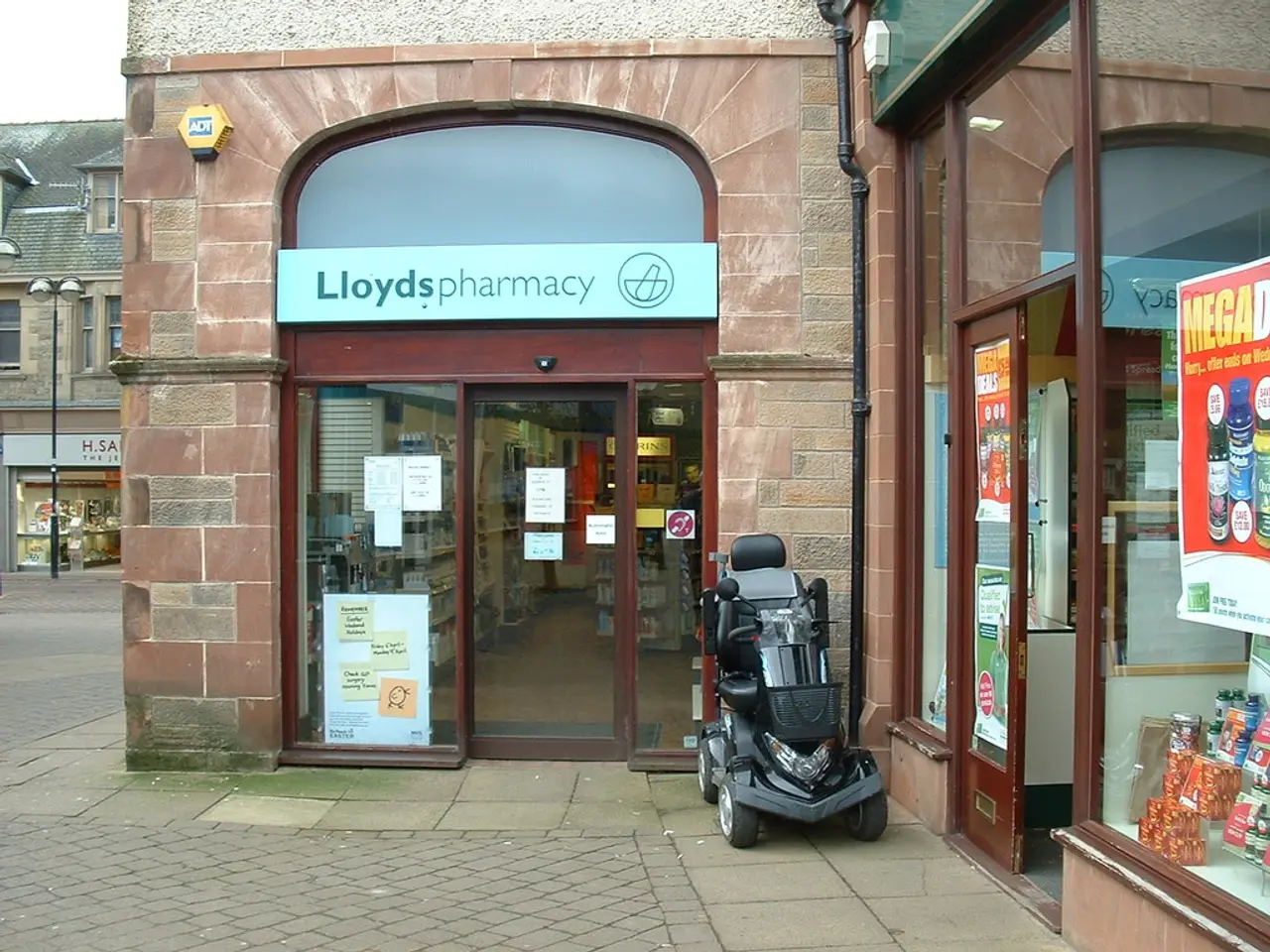Potential financial burdens of $19 billion might be incurred within the pharmaceutical sector of the EU-US trade deal, according to some analysts' predictions.
The European Union (EU) and the United States are currently negotiating a bilateral trade deal that could potentially impose a 15% tariff on pharmaceutical imports from the EU to the US. However, this tariff will only take effect after the completion of a US national security investigation (Section 232 investigation) assessing risks from pharmaceutical imports.
The introduction of a 15% tariff could lead to billions of dollars in additional costs for the pharmaceutical industry. Estimates suggest that the higher expenditures could amount to between $13 billion and $19 billion. These costs might eventually be passed on to consumers through increased drug prices.
However, the overall impact might be "manageable," according to some analysts, as many large pharmaceutical companies already manufacture a significant portion of their products in the US, helping them avoid import tariffs.
Key points on impacts:
- Tariff uncertainty remains until the US concludes its Section 232 national security investigation, which will determine the final approach to tariffs on pharmaceuticals.
- If implemented, the 15% tariff would be the ceiling for EU pharmaceutical exports to the US under the deal.
- Industry cost increases due to tariffs may result in higher drug prices for consumers in the US, depending on how companies absorb or pass on these additional expenses.
- The trade deal also affects other sectors, but the pharmaceutical tariffs remain a distinct and sensitive issue due to the mutual dependence between the EU and US on medicines.
UBS analyst Matthew Weston expects details of the trade deal to include protective measures for EU pharma exports from the US investigation. The EU accounts for about 60% of all pharmaceutical imports to the US.
Some generic drugs are exempted from duties under the deal, but it is not immediately clear which ones. Roche's CEO Thomas Schinecker stated that the company is increasing its U.S. inventories to avoid any immediate disruption from tariffs.
Diederik Stadig estimates that additional tariffs on the pharmaceutical industry could add $13 billion to industry expenses without any mitigation strategies. Courtney Breen puts the additional expenses at $19 billion for the industry.
President Donald Trump previously suggested that pharmaceutical tariffs could be as high as 200%. Such protective measures are being discussed in negotiations with the United Kingdom and Switzerland.
Any impact for generic drugmaker Sandoz for this year should mostly be manageable, according to Weston. Some companies might be able to absorb some of the costs with measures such as stockpiling of drug products and new deals with contract researchers.
The exact timing and scale of the tariffs depend on the ongoing US investigation and future executive decisions. Some analysts do not expect additional tariffs on the EU as a result of the investigation, while others caution that the deal is not yet signed, and several questions remain unanswered. Pharmaceuticals had historically been exempt from duties.
The potential 15% tariff on EU pharmaceutical exports to the US, if implemented, could lead to significant costs for the health-and-wellness industry, with estimates suggesting expenditures could amount to between $13 billion and $19 billion. This financial burden could potentially be passed on to consumers through increased drug prices.
Analyst Diederik Stadig predicts that additional tariffs on the pharmaceutical industry could add $13 billion to industry expenses without any mitigation strategies, potentially impacting various players in the science sector, including generic drugmaker Sandoz.




